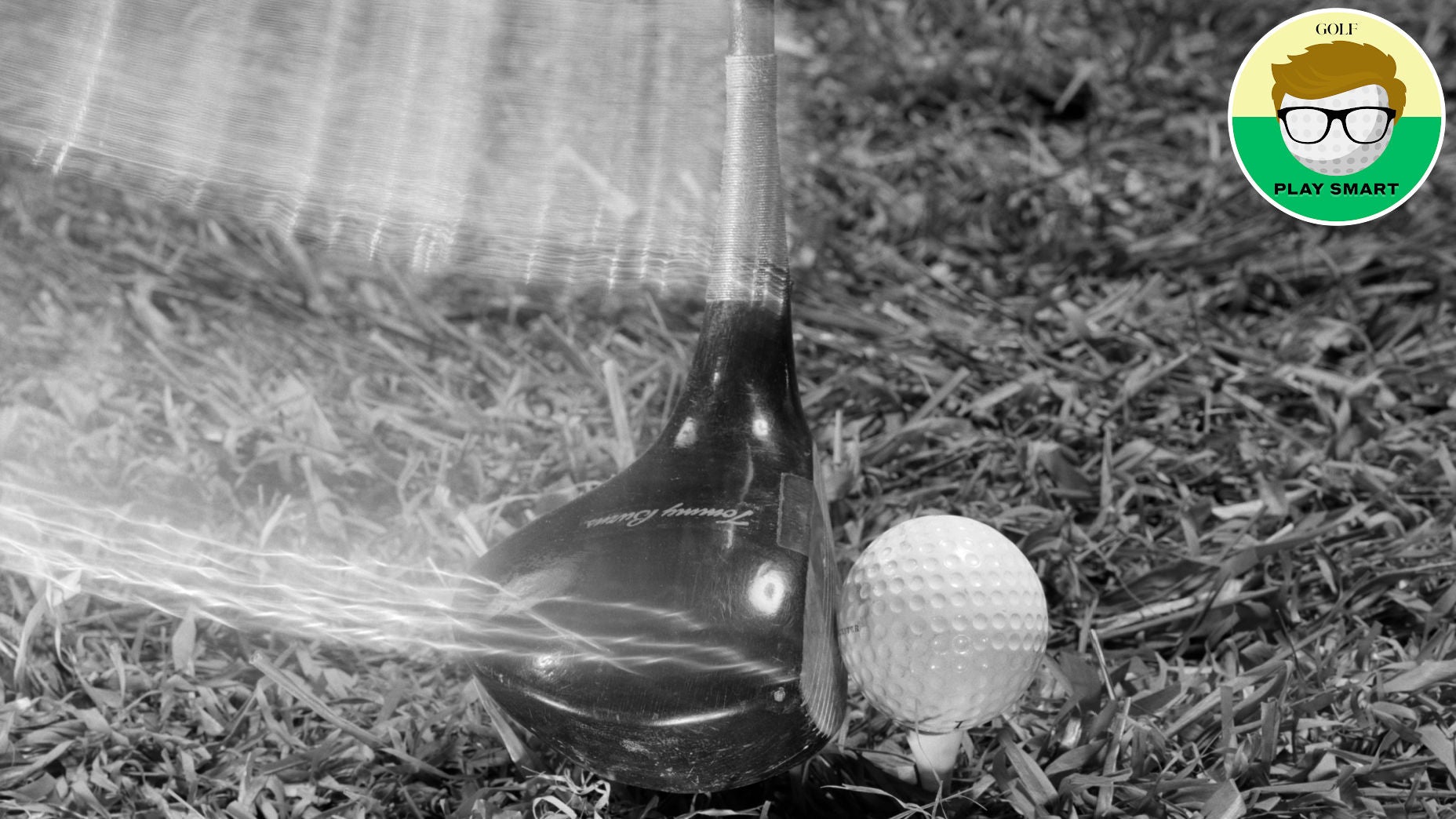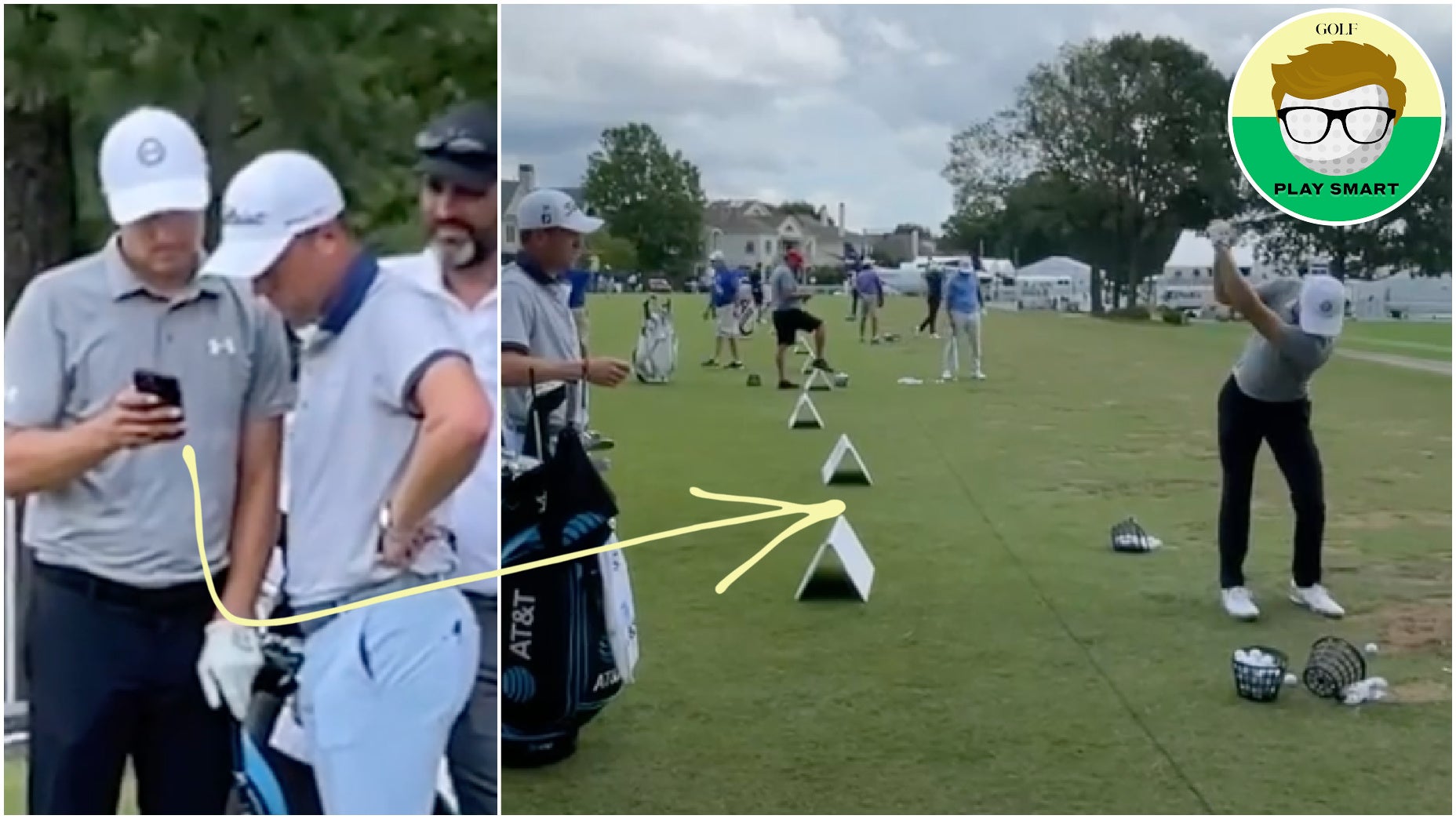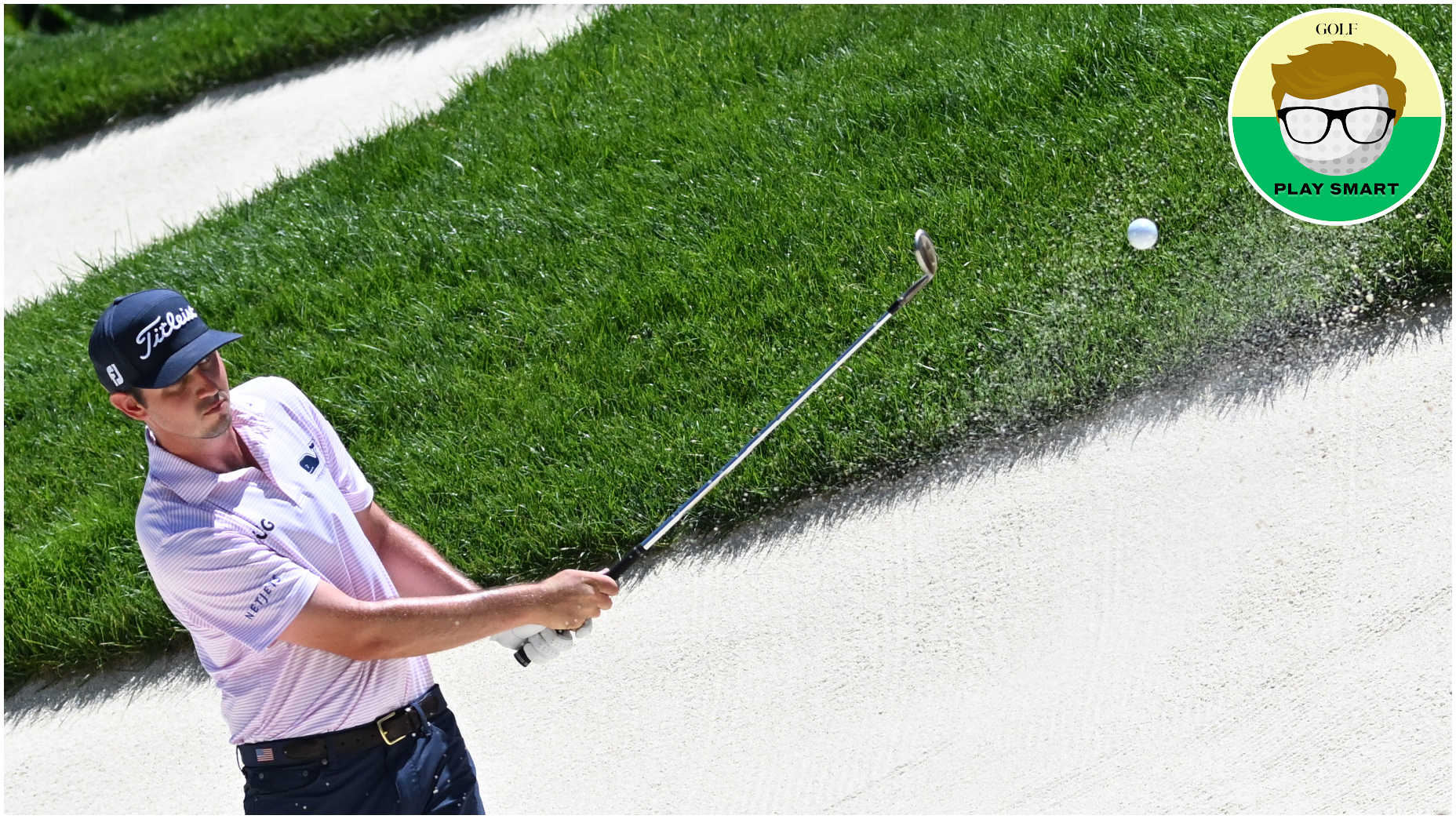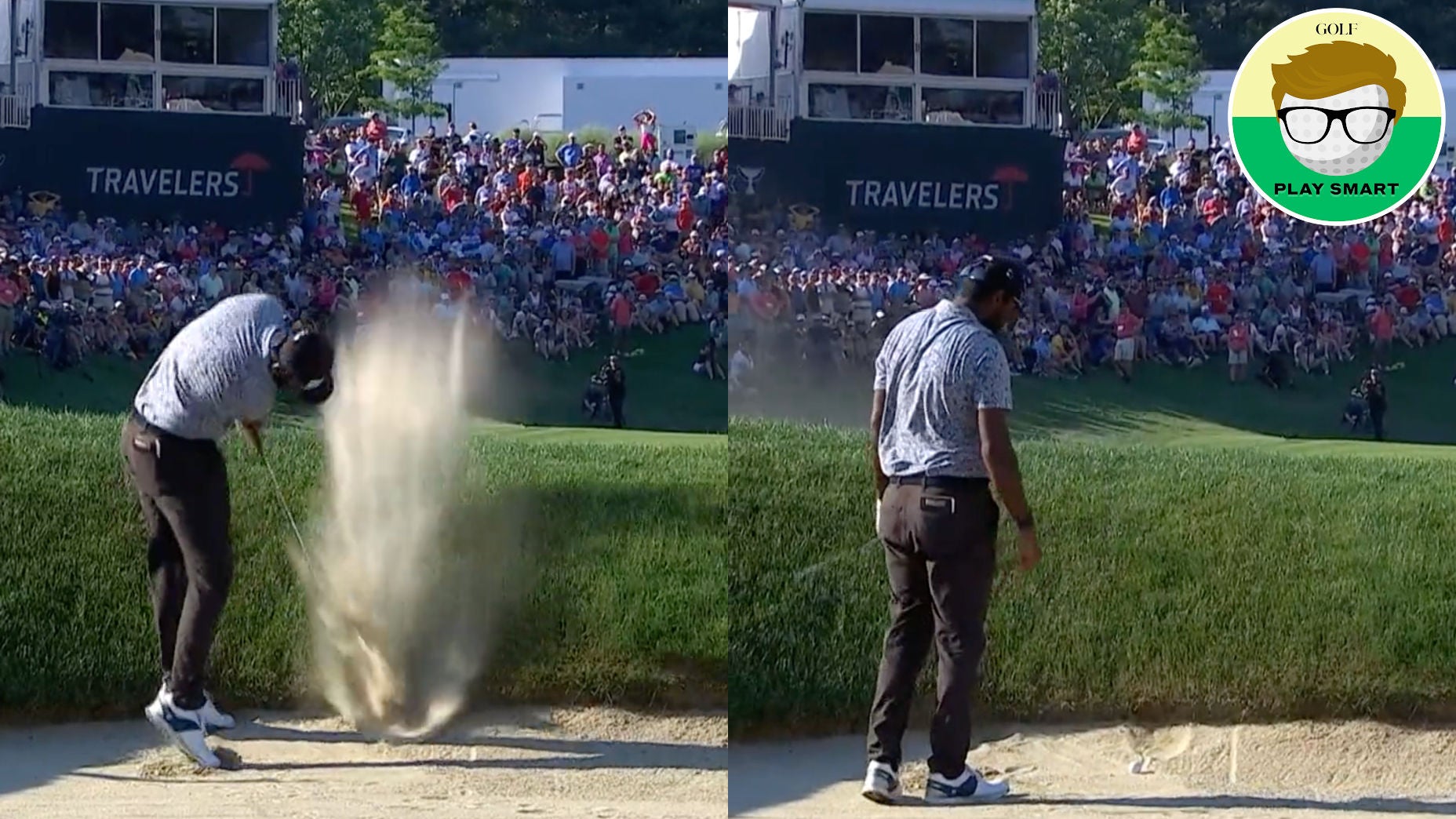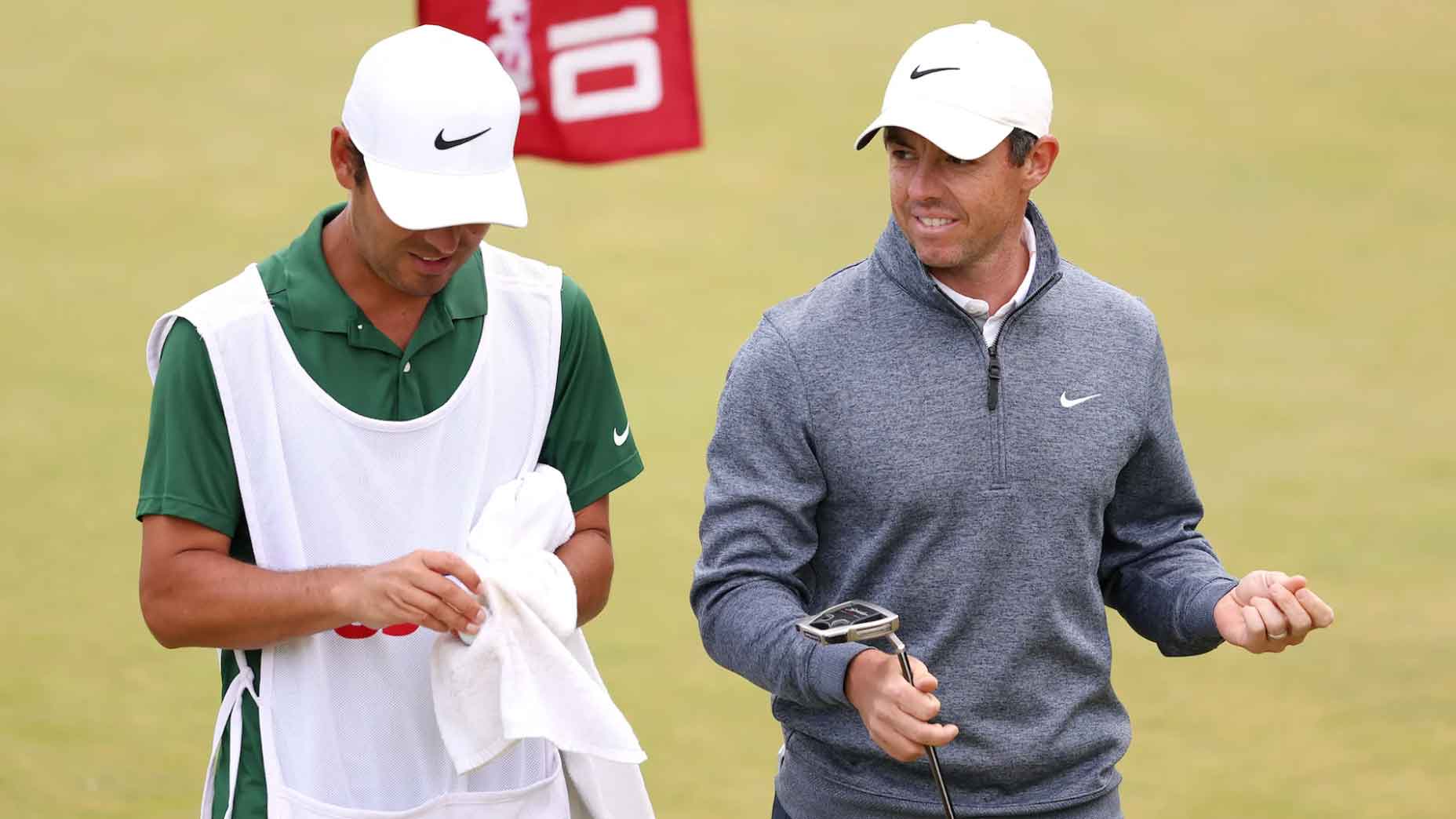Welcome to Play Smart, a new game-improvement column that drops at noon (ET) every Monday, Wednesday, and Friday from Director of Game Improvement content Luke Kerr-Dineen to help you play smarter, better golf.
I’m stuck up here in the northeast, where I flipped on the weather broadcast this morning and learned we’re going to have about a foot of snow dumped onto us over the course of the next day.
Translation: My 2020 golf season is officially over.
Sad though that is, it’s also something I try to treat as an opportunity. When the rounds are coming thick-and-fast during prime golf season, it’s hard to take a step back and use that extra time to improve your game. In that regard, I’d like to offer a recommendation: Use your offseason to improve your course management.
Staff Picks: The Best GPS Devices
It may not sound as sexy as some of the others, but getting a little smarter this offseason can be one of the best ways to lower your scores — and one of the easiest, too. Simply making better decisions doesn’t require hours of practice or huge technical change. It just requires a shift in mindset, and some discipline.
Which brings me to an interesting study I read recently in the journal Experimental Economics. In it Ian Chadd, an assistant professor at Rensselaer Polytechnic Institute, conducted an experiment to examine why people make poor decisions. And while the study itself wasn’t golf-specific, golfers should certainly learn from the results.
Information Overload Is Real
In the experiment, Chadd’s team took 222 participants and over the course of 90 minutes the participants were fed more than 40 questions. The questions themselves didn’t get more difficult as the test went on, but participants were fed more “unavailable alternatives and irrelevant information” as the test went on, and they started making poorer decisions as a result.
Put simply, they were bombarded with information that didn’t matter, and that information overload caused them to make more bad decisions.
As a result, the study found participants began seeking what the author calls a “preference for simplicity.” Rather than trying to solve the problem at hand, they began working harder to eliminate all that excess information. In fact, they were so eager to make things simpler the study found they would actually begin paying money to eliminate the options in front of them.
“In environments where you have lots of information available, it’s exceptionally important that consumers have the ability to filter out information that they find to be irrelevant.”
The study concludes that the way information is presented to people matters — a lot — and that ultimately, people just want to make their decision making process simpler.
How it relates to golf
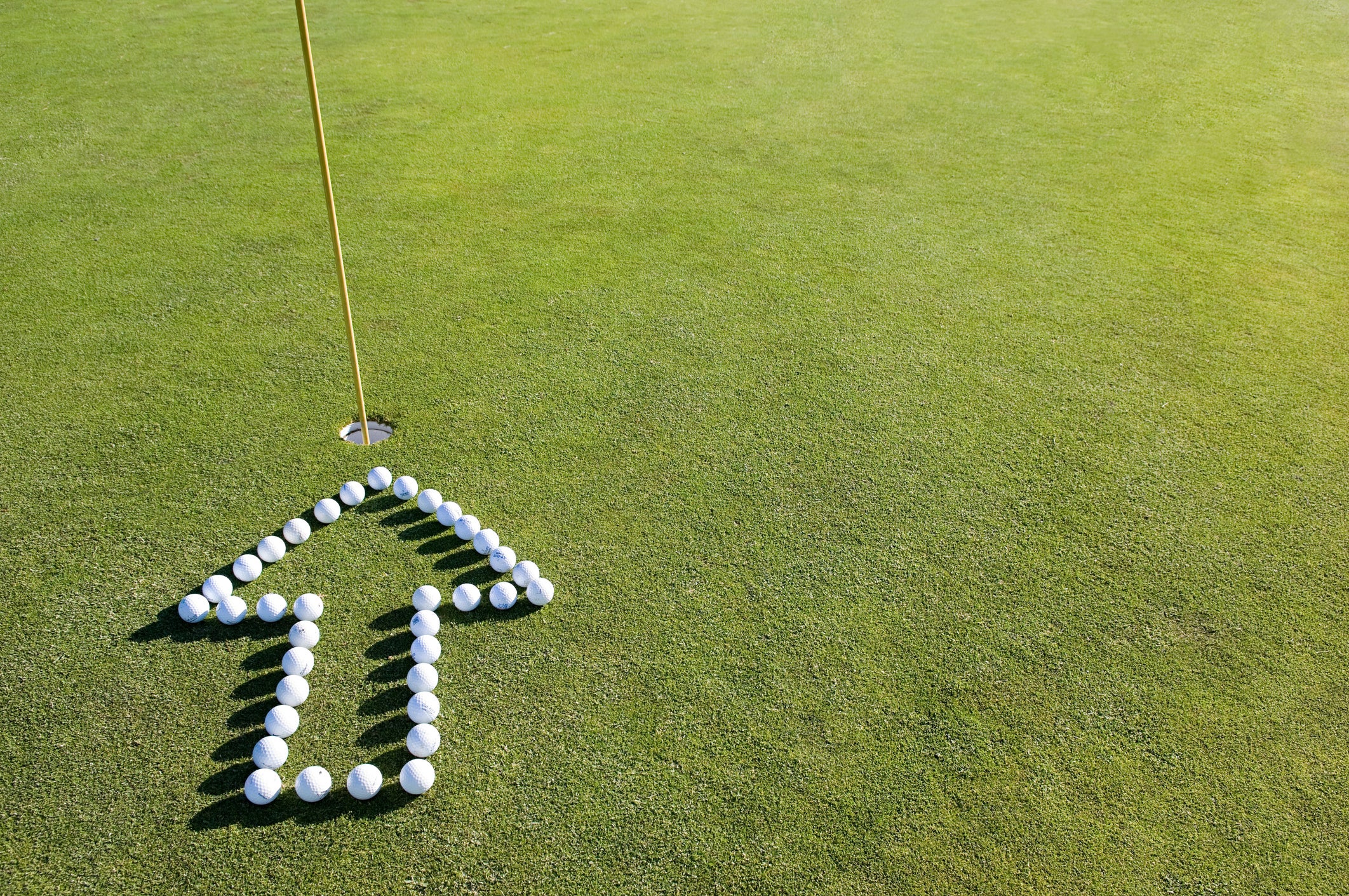
But Luke, aren’t you information-overloading me right now? What does this have to do with golf?
Well, as you know, playing golf is really just a series of decisions. It’s a bit like chess in that regard, except it’s bigger and you’re outside, so there’s lots of factors (like wind, and your lie) which can make things confusing.
It’s important, then, when you are on the golf course, to eliminate the “irrelevant” information and focus instead on the stuff that matters. Let’s say you’re getting ready to hit an approach shot with water short of the green.
Here are some examples of irrelevant information you should avoid…
I wish I hit my drive better.
If I hit that drive longer, I would’ve had an easier shot in.
If I hit a good shot here I might make birdie.
If I hit a bad shot I could ruin my round.
And some examples of relevant information you should focus on…
How is my lie?
What’s my number to carry the water?
What’s my number to the pin?
What’s the number to lay up short of the water?
The relevant information is all the information you need to make a good decision; the irrelevant information is all the noise that only serves to confuse you into making poor decisions.
Scott Fawcett, the man behind DECADE Golf, solves some of these issues by creating a literal decision tree to help golfers sort through various problems, which you can see below.
So this offseason, focus on making better decisions on the course. Focus on the stuff that matters, and work on eliminating the stuff that doesn’t. Structure your decision-making so you don’t dwell on things that will confuse you, and you’ll come back from the offseason playing better than ever.
Latest In Instruction

Luke Kerr-Dineen
Golf.com Contributor
Luke Kerr-Dineen is the Game Improvement Editor at GOLF Magazine and GOLF.com. In his role he oversees the brand’s game improvement content spanning instruction, equipment, health and fitness, across all of GOLF’s multimedia platforms.
An alumni of the International Junior Golf Academy and the University of South Carolina–Beaufort golf team, where he helped them to No. 1 in the national NAIA rankings, Luke moved to New York in 2012 to pursue his Masters degree in Journalism from Columbia University. His work has also appeared in USA Today, Golf Digest, Newsweek and The Daily Beast.







